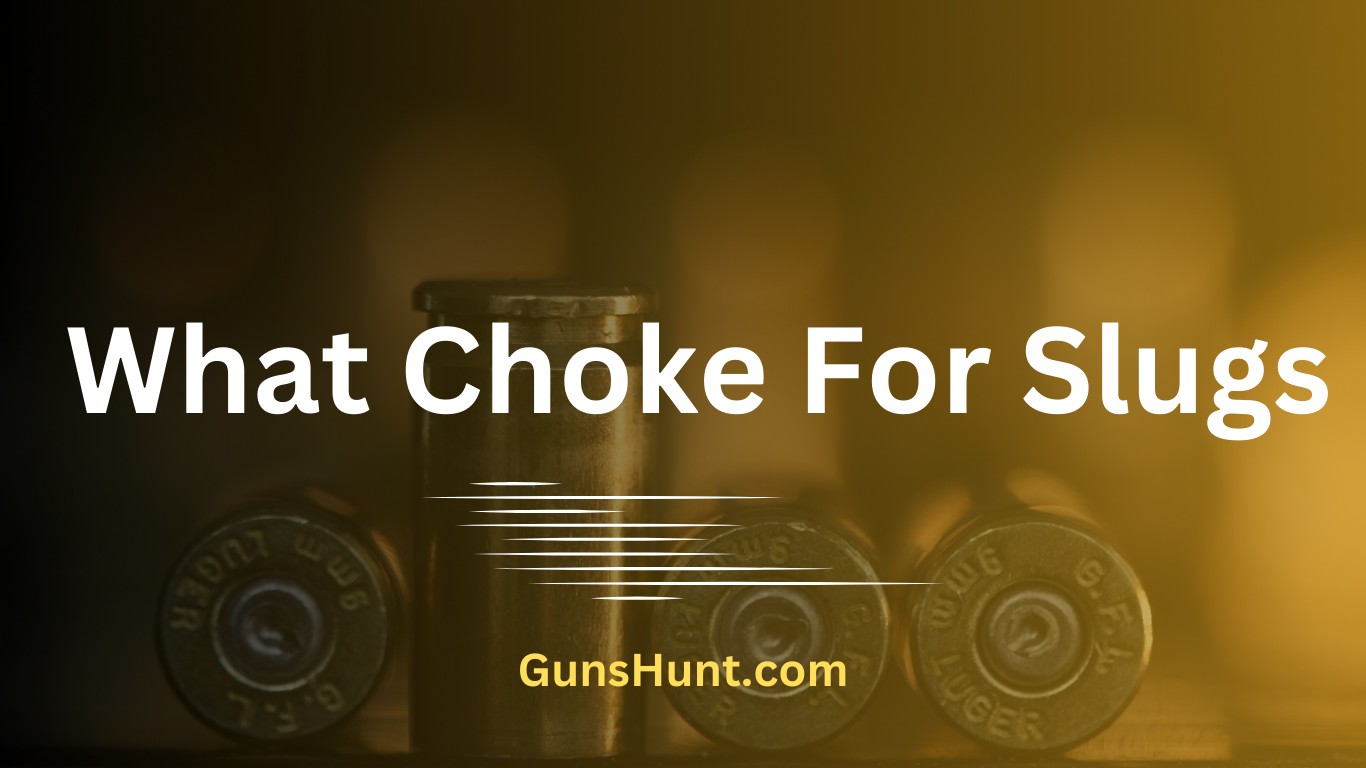When it comes to choosing the right equipment for shooting slugs, the question often arises: “What choke for slugs?” The selection of a choke can greatly affect the accuracy and performance of your shotgun, making this decision crucial for hunters and sports enthusiasts alike.
Check Our Recommended Items
From an improved cylinder choke, which offers a more open pattern, to options like a cylinder or improved cylinder choke that give you less restriction, the choices can seem overwhelming.
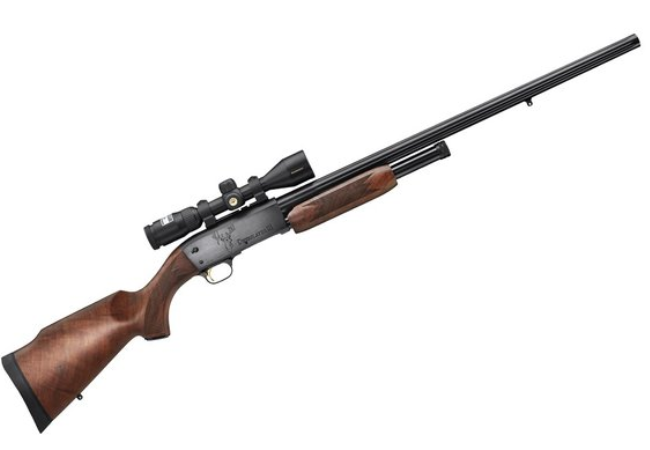
Whether you’re contemplating using an open choke for a broader spread or specifically seeking chokes for slugs that match your shotgun’s characteristics, this guide will help you navigate the intricacies of choke.
This article will explore the various options available for chokes when shooting slugs, providing guidance on how to make the best decision for your specific needs and shotgun type.
Whether you are an experienced hunter or just getting started in the sport, understanding what choke to use for slugs will greatly enhance your shooting experience.
Chokes and Their Importance
Chokes are used to control the pattern and spread of the shot. They range from open chokes, like cylinder chokes, to more restrictive ones. For slugs, a specific type of choke is needed to ensure both accuracy and safety.
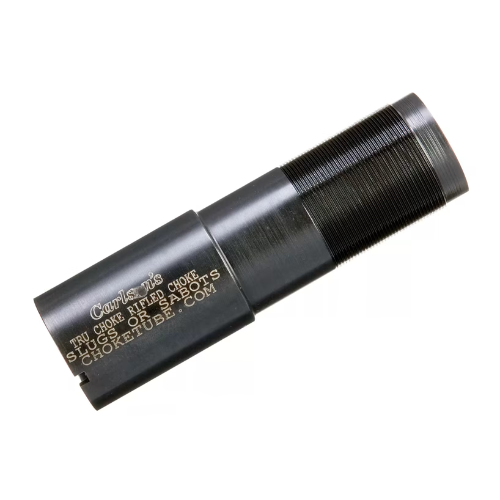
Shooting slugs without a choke can damage the barrel threads. Therefore, selecting the right choke is not just a matter of performance but also of protecting your shotgun.
These chokes are less restrictive and are often recommended for shooting slugs. The improved cylinder choke is particularly popular due to its flexibility.
Rifled chokes are specially designed to impart spin on the slug, stabilizing it and improving accuracy. These are most suitable for sabot slugs.
Always following the manufacturer’s guidelines and understanding the compatibility of chokes and slugs ensures safe shooting.
These shotgun chokes are recommended for shooting slugs:
- 4 notches = Improved Cylinder Choke Tube
- 5 notches = Cylinder Choke Tube
- Rifled Choke Tube
Types of Slugs and Choke Compatibility
Sabot Slugs
Sabot slugs, pronounced “say-bo,” are specialized projectiles surrounded by a plastic casing that grips the rifling in the shotgun barrel.
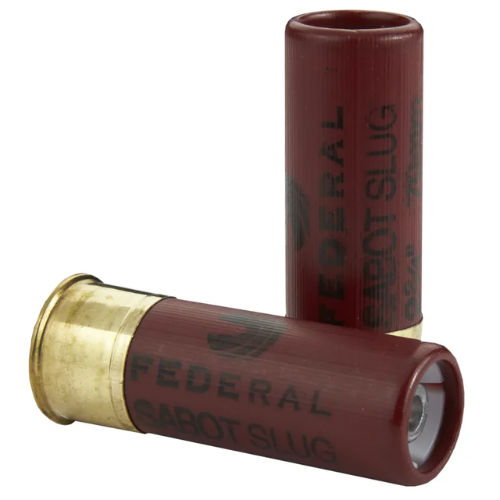
Sabot slugs are designed for rifled barrels or rifled chokes. They offer improved accuracy and are particularly suited for rifled choke tubes, making them a favored choice among many hunters and shooting enthusiasts.
However, it’s essential to pair them with the right choke, like a rifled choke tube, to gain the most from their unique design.
Rifled Slugs
Unlike sabot slugs, rifled slugs are meant for smooth-bore barrels. An open choke, such as a cylinder or improved cylinder choke, is recommended for these.
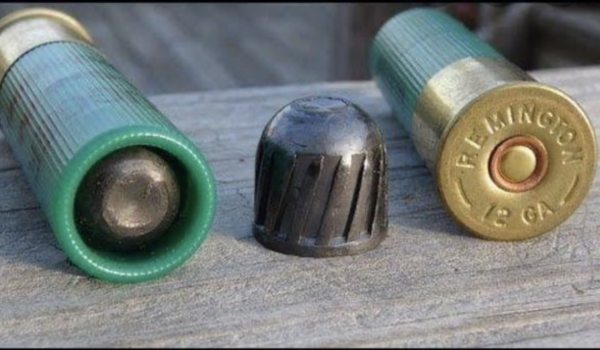
Smooth Bore and Choke Tubes
When shooting a smooth-bore shotgun that accepts choke tubes, the rifled slug is usually the preferred choice. It’s important to understand what chokes are most compatible with the type of slug you are using.
What Choke For Slugs In 12 Gauge?
For shooting slugs in a 12-gauge shotgun, the generally recommended chokes are a cylinder choke or an improved cylinder choke. These chokes are less restrictive, making them suitable for firing slugs.
If you are shooting sabot slugs, which are designed to be used in rifled barrels, you may benefit from using a rifled choke tube. This can help stabilize the slug and improve accuracy.
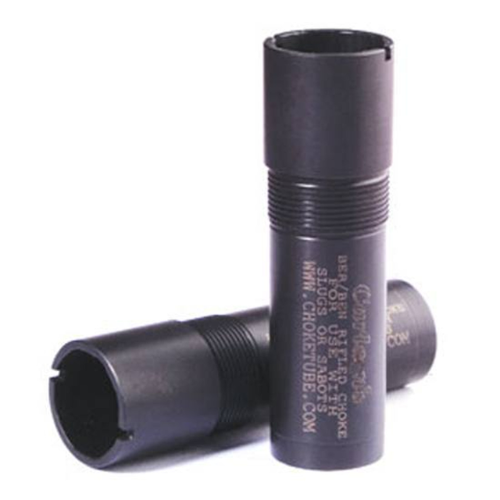
It’s essential to consult the manufacturer’s recommendations for both the slugs and your specific shotgun model to ensure you are using the most appropriate choke. Additionally, practicing with different chokes and observing the results can help you find the optimal setup for your particular needs.
Can You Use A Modified Choke For Slugs?
Yes, you can generally use a modified choke for slugs, but it’s typically less common than using a cylinder or improved cylinder choke.
A modified choke provides moderate constriction, which may work with some slugs. However, the slightly tighter constriction might not be as ideal as an open choke for shooting slugs, especially rifled slugs.
If you decide to use a modified choke with slugs, it is vital to check both the shotgun and slug manufacturer’s guidelines to ensure compatibility. In some cases, shooting slugs through a more constricted choke can affect accuracy or even damage the barrel.
So, while it may be possible to use a modified choke for slugs, careful consideration of the specific slug type and consulting with the manufacturer’s guidelines is advisable to ensure the best performance and safety.
What Choke For Slugs Mossberg 500?
For the Mossberg 500 shotgun, when shooting slugs, it is typically recommended to use an open choke such as a cylinder or improved cylinder choke. These chokes are less restrictive and generally work well with rifled slugs.
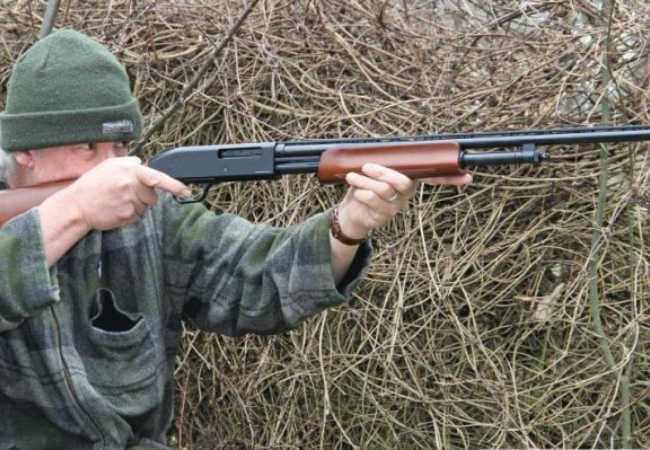
If you are using sabot slugs and have a rifled barrel or a rifled choke tube for your Mossberg 500, those would be the best choices for shooting those specific slugs.
As with any firearm, it’s essential to consult the owner’s manual or contact Mossberg directly for specific recommendations based on your particular model and setup. Following the manufacturer’s guidelines ensures optimal performance and safety when choosing a choke for slugs in your Mossberg 500.
Will a slug fire through a full choke?
Yes, a slug can technically be fired through a full choke, but it’s generally not recommended.
A full choke has a tighter constriction and is designed to provide a compact shot pattern at longer distances. Firing a slug through a full choke may affect accuracy, and in some cases, it could lead to damage to the choke or the barrel.
Modern slugs are often designed with flexibility in mind and may be fired through various chokes, but using a full choke with slugs might not yield the best performance. It’s typically advisable to use a more open choke, such as a cylinder or improved cylinder choke, when firing slugs.
Always consult your shotgun’s manual and the slug manufacturer’s recommendations to ensure you are using the appropriate choke for slugs. If in doubt, contacting the manufacturer directly or seeking advice from a knowledgeable firearms expert is a wise course of action.
Conclusion
The question of “what choke for slugs?” extends beyond mere preference. It involves understanding the mechanics of chokes, compatibility with different slugs with your specific needs and shooting goals.
Whether opting for a rifled choke tube or an improved cylinder choke, this guide arms you with the necessary knowledge to make the best decision for your shotgun experience.

